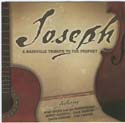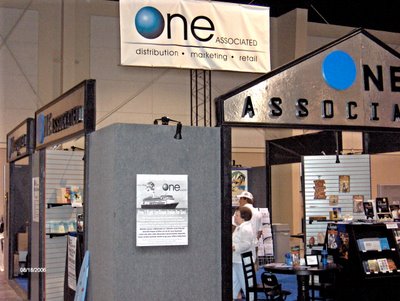There are two basic types of rights covered in your contract: publishing and subsidiary. They should be two separate clauses in your contract.
Publishing rights cover the rights to publish your work in certain formats within a certain geographical area.
Format:
It is assumed that the book will be published in a traditional paper and ink, bound format, so this will probably not be spelled out. Your contract might list hardcover, trade or mass market bindings, but generally this is not covered in the rights section. It’s just assumed that they have the rights to all of the various paper and ink formats.
Other formats may be listed in this clause, such as e-books and audio books, or they may be listed under subsidiary rights. Either place is fine, but with the increase in popularity of these formats, they will probably be specified somewhere.
The fact that a publisher includes these formats in their rights does not necessarily mean that they will option them. It means that they have the right to option them. If it’s very important to you to have an audio format of your book, and your publisher has included that in their rights to be optioned, ask what percentage of the time they exercise this option or what conditions need to be met for them to do that. If chances are minimal that it will happen, you could try to separate that from the contract, allowing you to sell those options to someone else or exercise them yourself. But as a publisher, that might be a deal breaker for me. If I’m publishing the book, and someone else is doing an audio, and the audio is poor quality, that will damage my ability to sell the book. I, personally, will not take paper and ink, unless I also control the audio and e-book rights. So pick your battles. If this one isn’t a big deal to you, let it go.
Geographical Area:
Where will the publisher publish your book? There are several variations on geographic rights. These rights should be defined in your contract. I’ve included the most common terminology on geographic rights.
World Rights: Most publishers will ask for World Rights. This means they have the right to publish your work in every language and in every country in the world. They themselves won’t publish your title in all these areas. They will produce an English publication and sell it in the US, Canada, England, Australia and other English speaking countries. Then they will most likely sell the rights to other publishers to print the book in other languages and countries.
If you’ve got a title with the potential to be a huge seller in multiple countries, your publisher may only publish a U.S. version and sell the rights to publish in other English speaking companies–which include the rights to re-edit, redesign and retitle. (For example, JK Rowling’s 1st book is Harry Potter and The Sorceror’s Stone here in the US, but it is the Philospher’s Stone in England.)
In the LDS market, unless you are a General Authority, this is generally a moot point, as the majority of titles never make it into translation and are never published separately in other countries.
If the publisher has World Rights, you may get a percentage of the sell of those rights or you may get a standard royalty on books sold by these other companies or you may get nothing. If your publisher asks for World Rights, have them spell it out. Just in case.
World English: On a national market, there is more of a distinction between World Rights and World English, but in the LDS market, they’re pretty much the same. Even though they say they have World Rights, most publishers only option World English–which is what I described above–an English version that they sell throughout the world.
North American Rights: This is the right to publish and sell in the U.S. and Canada only. Since the LDS market rarely reaches into foreign languages and is very small outside North America, it does you no good to insist on only giving the LDS publisher North American rights. No one else would purchase the other rights separately from these, and your publisher (or distributor) generally already has an account with those few English speaking LDS bookstores in the rest of the world.
U.S. Only: This is the right to publish only in the U.S. Again, in the LDS market, this one does not give you any advantage. The only time you’d want to consider this is if you live in Canada, England or Austrailia and you have a cross-over book (appeals to both LDS and mainstream) that you want to publish and promote heavily in your own country as well as in the LDS market. But if this is the case, you’d be better off selling World Rights to a publisher in your country, and having them resell U.S. only rights to a publisher in the U.S., or even LDS rights to an LDS publisher. (I’ve never heard of this happening, but I suppose it could.) Or more likely, your publisher would just hire an LDS distributor and have them sell the original publication within this market.
Tomorrow: Subsidiary Rights











